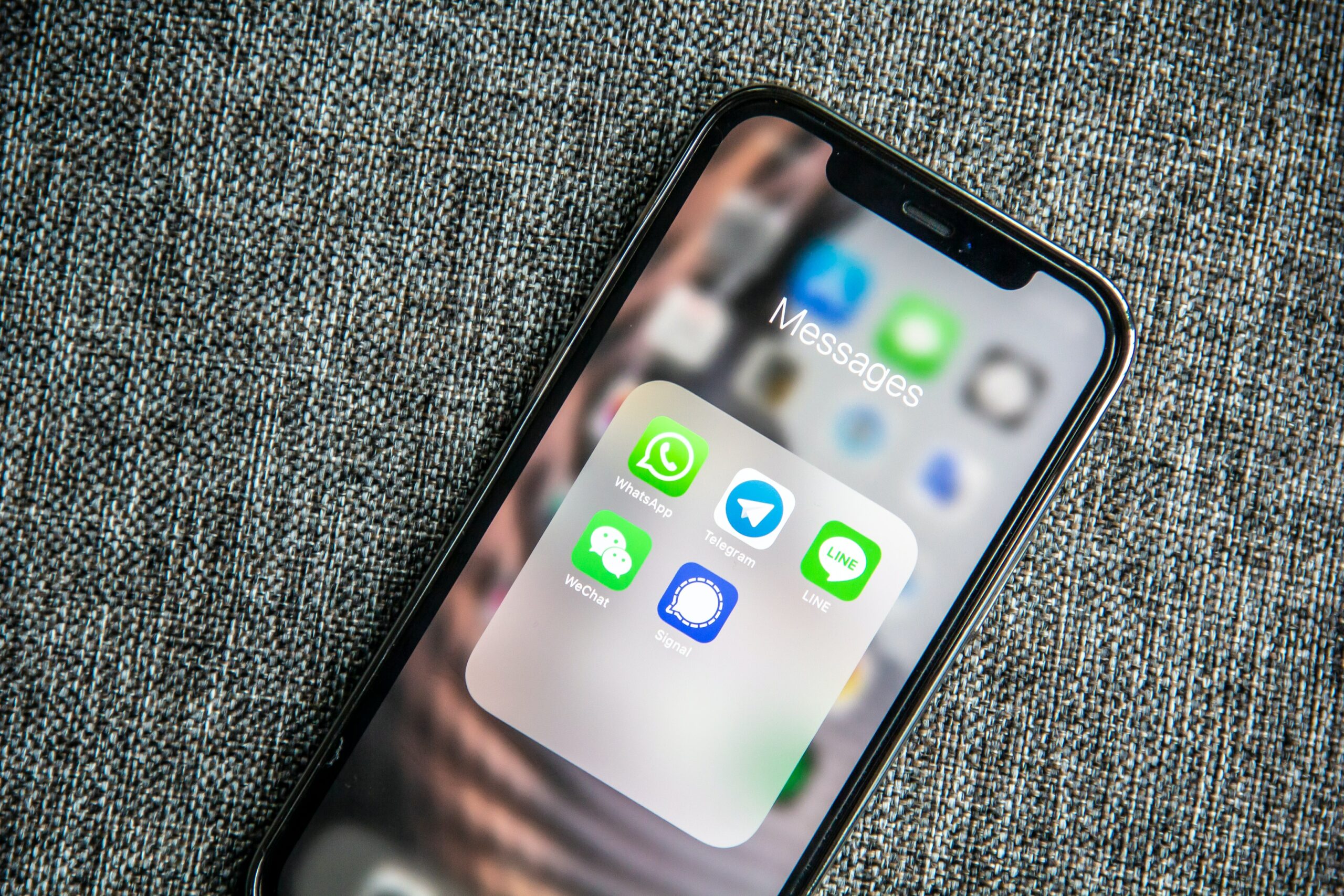Time for a digital downer: Your sassy, saucy messages are probably not private in an airtight sense. That’s uncomfortable to think about, but it’s a growing concern. Privacy on chat apps is a hot topic and for good reason. We all love sharing our lives with our friends and loved ones, but when it comes to our personal and sensitive information, we want to make sure it stays, well, personal and sensitive!
Whispering worries
When we use the apps, we’re sending all sorts of goodies, from our secret love notes to our bank account numbers. If that info gets into the wrong hands, it can be a recipe for disaster. From identity theft to financial fraud, it’s no laughing matter.
But wait, it gets even more complicated. Chat apps love to collect and store all of our juicy details, which can be a vulnerability waiting to happen in the event of a data breach. Our info could end up in the hands of third parties without our knowledge or consent, and that’s just not cool. That’s why it’s crucial to be informed about the privacy policies and security measures of the chat apps you choose.

Privacy, please
There are a few different chat apps that are known for their focus on privacy, including:
- Signal: This app is widely considered to be one of the most secure messaging platforms available. It uses end-to-end encryption to protect all messages, and it is open-source, which means that anyone can independently verify its security.
- WhatsApp: WhatsApp is a popular messaging app that uses end-to-end encryption for all messages. This means that only the sender and the recipient can read the messages, and not even WhatsApp can access them.
- Telegram: Telegram is another messaging app that prioritizes privacy. It offers end-to-end encryption, as well as a feature called “secret chats” that are designed to be even more secure.
- Dust: Dust is a messaging app that automatically deletes all messages after they have been read. It also encrypts all messages end-to-end and does not store any metadata about conversations.
Under the digital microscope
It’s worth noting that no messaging app can be 100% private, and the security of any given app can be compromised if a user’s device is hacked or if they share their login credentials with someone else. To address these concerns, users can take steps to protect their privacy such as using chat apps with end-to-end encryption, being cautious about the information they share on chat apps, and regularly reviewing the app’s privacy policy. It’s also important to stay informed about the latest developments on the topic. Seriously, be smart out there!









